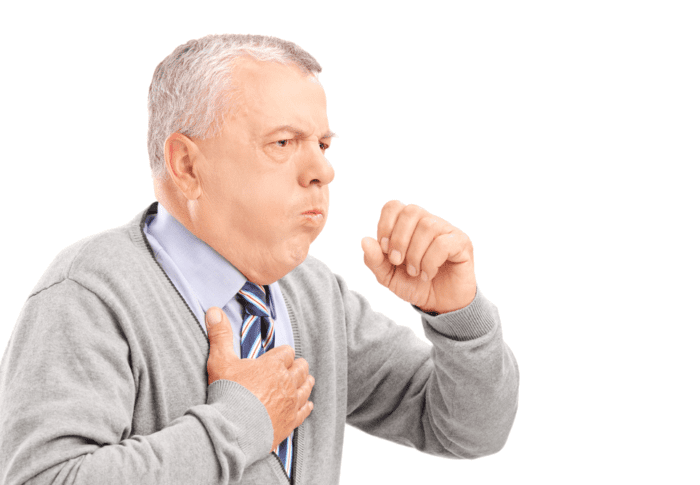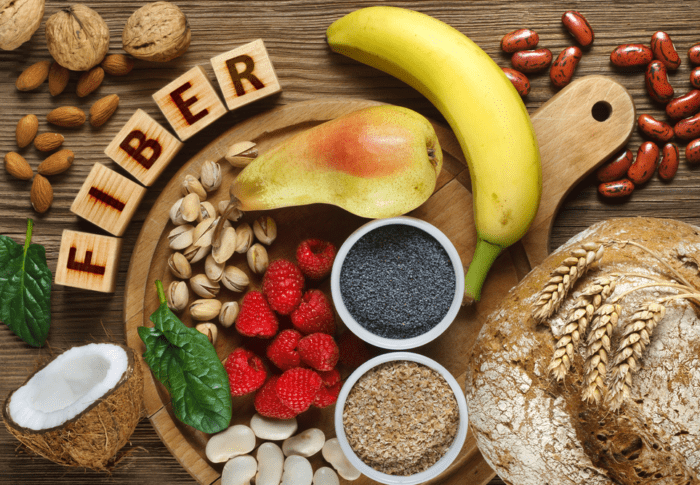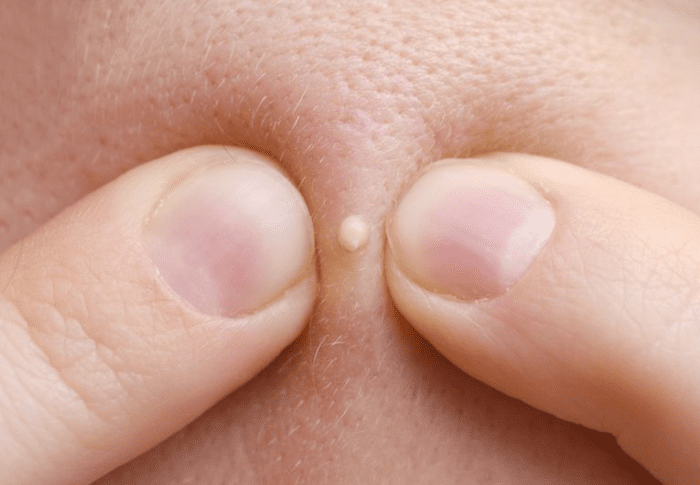
Alcohol: side effects and how to avoid alcohol
Alcohol is a psychoactive substance that is derived from the fermentation or distillation of various products such as grains, fruits, or vegetables. It is commonly consumed as an intoxicating drink and has been used for centuries for various purposes such as religious ceremonies and social gatherings.

In conclusion, alcohol consumption can lead to both positive and negative effects on the body, depending on the amount and frequency of consumption. Long-term or excessive alcohol use can lead to severe health complications and addiction. It is essential to monitor alcohol intake and seek help if needed.
Risks of heavy alcohol use
Brain: Alcohol affects brain function, leading to poor judgment, impaired coordination, memory loss, and decreased inhibitions. It can also cause blackouts and permanent brain damage in extreme cases.
Heart: Alcohol consumption can cause high blood pressure, arrhythmias, and increase the risk of heart disease.
Liver: The liver’s primary function is to break down alcohol, but excessive drinking can lead to inflammation and scarring of the liver, increasing the risk of liver disease and failure.
Pancreas: Alcohol can cause inflammation and swelling of the pancreas, which can lead to pancreatic cancer, diabetes, and digestive problems.
Immune system: Chronic drinking weakens the immune system, making the body vulnerable to infections and diseases.
Reproductive system: Alcohol consumption can affect the hormonal balance in both men and women, leading to fertility problems, sexual dysfunction, and increased risk of breast cancer in women.
Cancer: Alcohol is a known carcinogen that can increase the risk of various cancers, including liver, breast, colon, and throat cancer.
Dehydration: Alcohol is a diuretic that can cause dehydration, leading to fatigue, headaches, and other health problems.
Alcohol has both short-term and long-term effects on the body. The short-term effects of alcohol consumption include dizziness, slurred speech, mood swings, impaired judgment and coordination, and decreased inhibitions. The long-term effects of alcohol abuse can be more severe and include liver disease, pancreatitis, cardiovascular disease, and mental health disorders such as depression and anxiety.

how to avoid alcohol
- Set clear, realistic goals for yourself. Decide why you want to stop or reduce your alcohol intake and what you hope to gain from it.
- Surround yourself with supportive friends and family members who respect your desire to avoid alcohol.
- Plan ahead. If you’re going to be in a situation where you might be tempted to drink, think ahead about how you can avoid alcohol or how you can limit your consumption.
- Develop new habits and hobbies that don’t involve drinking. Go for a walk, read a book or enjoy a sporting activity.
- Find alternative beverages that you enjoy. This can include non-alcoholic cocktails, tea, or sparkling water.
- Avoid socializing in environments where drinking is the main focus, such as bars or clubs.
- Seek professional help if you find it difficult to avoid alcohol. A therapist or support group can provide additional guidance and support.
Remember that avoiding alcohol is a personal decision, and it may take time to develop the necessary strategies for success. Be patient and focus on the benefits that a sober lifestyle can bring.






-
-
1 year
Tagged causes, dry cough, treatment